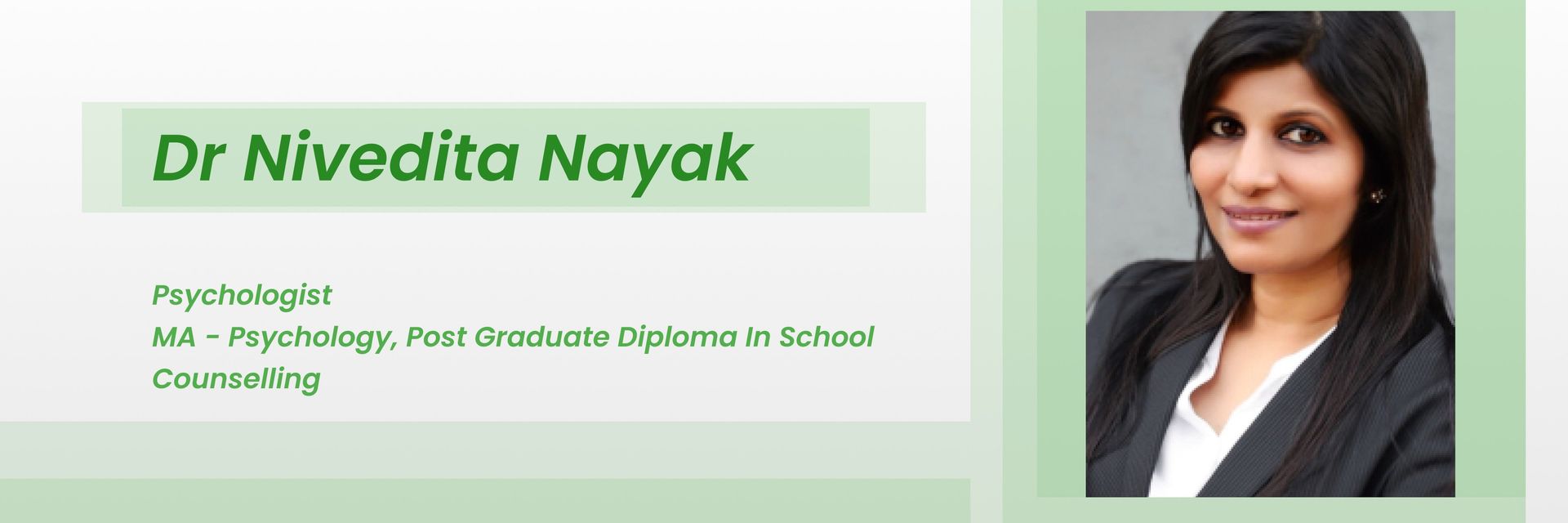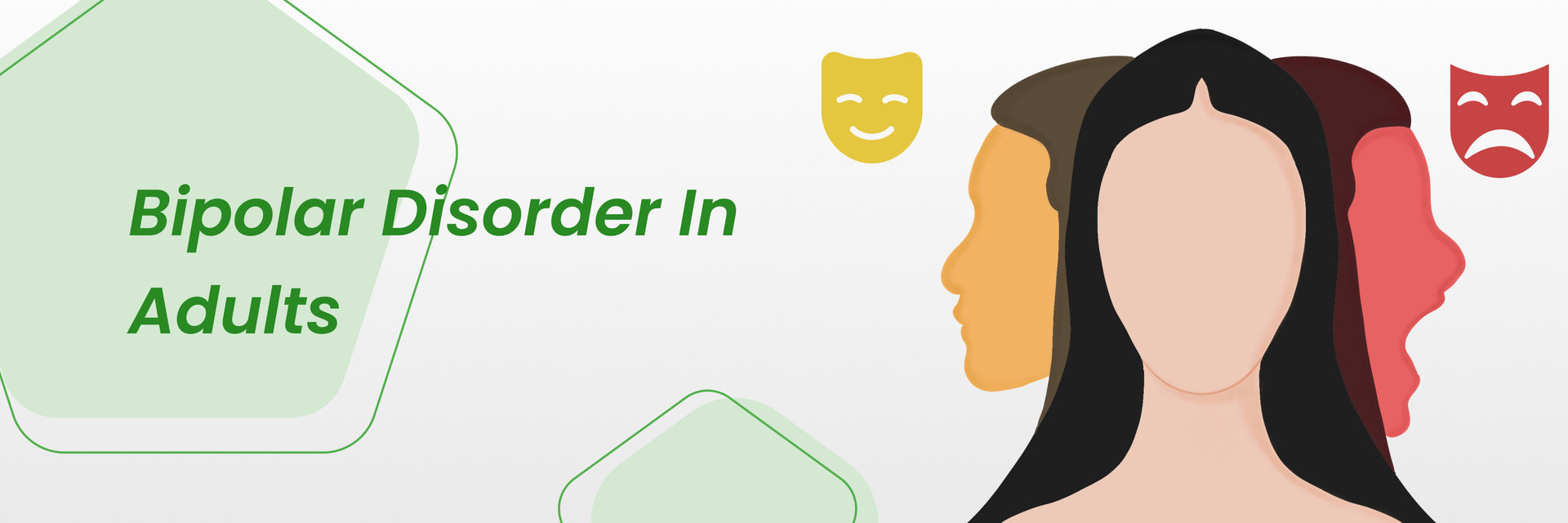Schizophrenia in the elderly is complex. It is often misunderstood in mental health care. As people age, schizophrenia varies from how it is in younger people. This article delves into the details of schizophrenia among older adults. It looks at how common it is. It covers its symptoms, treatments, and the unique challenges they face.
Did you know?
- In 2019, the highest incidence of depression, anxiety, and schizophrenia in the elderly population was in Japan.
- Epidemiological studies on schizophrenia in India are sparse, but it affects approximately 24 million people worldwide, according to WHO estimates.
Wondering how treatments vary for elderly patients? Schedule your consultation today with an experienced psychiatrist to learn more about the safest and most effective treatment options for schizophrenia in the elderly.
Understanding Schizophrenia
Schizophrenia is a chronic brain disorder. It has a range of cognitive, behavioural, and emotional dysfunctions. Symptoms include delusions, hallucinations, and impaired social interactions. The disease may present differently and need different management in elderly patients.
Let's dive deeper into this and get detailed explanations of what schizophrenia entails.
What is the Prevalence of Schizophrenia in the Elderly?
Doctors often diagnose schizophrenia in young adults, but it persists in many older people. About 0.3% of the elderly have schizophrenia. However, it is often underdiagnosed due to overlapping symptoms with other age-related disorders.
According to an article published in Psychiatric Times,
- Older adults (aged 55 years and older) will soon account for 25% or more of the total population of patients with schizophrenia worldwide.
- Among persons aged 60 years and older with mental and substance-use disorders, schizophrenia ranks third in causes of disability-adjusted life-years.
- Older patients with schizophrenia have a higher risk of mortality compared to the general population.
- Deaths caused by suicide and accidents are higher in older adults with schizophrenia.
Here’s what Dr. Vikas Patel a renowned Psychiatrist from Ludhiana said about this condition - "Treating schizophrenia in the elderly requires an integrated approach that respects their unique needs and circumstances. It's essential to balance medication management with supportive therapies to ensure not just longevity, but quality of life.”
How is Schizophrenia Caused in Older Adults?
Genetic Factors: A family history of schizophrenia can increase the likelihood of developing the disorder, even later in life.
Neurological Factors: Changes in the brain's structure and function, such as reduced activity in certain brain areas, can contribute to the onset of schizophrenia in the elderly.
Late-Onset Schizophrenia: Unlike typical early-onset schizophrenia, some older adults may develop schizophrenia for the first time in later life, which may be less influenced by genetic factors and more by age-related changes in the brain.
Stress: Major life changes, such as the loss of a spouse or severe physical illness, can trigger schizophrenia in those predisposed to the disorder.
Are you noticing any weird signs in the behavior of your loved ones? Find out how to approach them effectively.
Recognizing symptoms is crucial, and here’s why
Symptoms of Schizophrenia in the Elderly
- Delusions: Believing in things that are not true or based in reality. This could involve feelings of being harmed or conspiracy theories.
- Hallucinations: Experiencing things that are not present, such as hearing voices or seeing things others do not see.
- Disorganized Speech: They jump from one topic to another without connections. This makes it hard to follow their conversation.
- Social Withdrawal: Showing less interest in social interactions, activities, or personal relationships.
- Decreased Motivation: They show little interest in daily activities, personal care, or hobbies they used to enjoy.
- Apathy: A general lack of enthusiasm, energy, or concern about their surroundings and life events.
- Impaired Cognition: Impaired cognition means trouble with memory, attention, and organizing thoughts. These issues can be mistaken for dementia.
Treatment Options for Elderly Patients with Schizophrenia
- Antipsychotic Medications: Older adults are often prescribed lower doses due to increased sensitivity to side effects. Commonly used antipsychotics include risperidone, olanzapine, and aripiprazole.
Dr. Vikas said, "Antipsychotic medications must be used cautiously in the elderly due to their higher risk of side effects, impacting up to 30% of these patients. Moreover, age alters schizophrenia's progression, with many experiencing symptom stabilization or improvement, affecting about 20-30% of elderly individuals. However, it's crucial to consider potential side effects and tailor treatment plans to each patient's specific needs, health status, and tolerance."
- Psychosocial Interventions: They aim to improve social skills and help manage daily activities. They also teach coping strategies for the symptoms of schizophrenia.
- Supportive Therapy: Therapy can help. It can help manage the emotions and minds of people with schizophrenia.
- Cognitive Behavioral Therapy (CBT): It helps them challenge distorted and unhelpful thinking. This reduces the severity of psychotic symptoms.
- Regular Monitoring: Regular medical monitoring is essential due to the risk of medication side effects and the potential for physical health problems.
Challenges in Managing Schizophrenia in the Elderly
- Increased Sensitivity to Medications: Elderly patients often have stronger side effects from antipsychotic medications. These include sedation, movement disorders, and heart issues.
- Polypharmacy: Many elderly patients are already taking multiple medications for other health issues. This increases the risk of drug interactions and makes treatment plans more complicated.
- Cognitive Decline: Distinguishing symptoms of schizophrenia from those of dementia is hard. Both conditions can cause cognitive impairment.
- Physical Health Problems: Distinguishing symptoms of schizophrenia from those of dementia is hard. Both conditions can cause cognitive impairment.
- Reduced Social Support: As people age, they often face a reduction in their social networks. This is due to the death of peers and family. It increases their risk of isolation and makes their care more complicated.
- Compliance with Treatment: Memory issues and declining thinking make it hard to stick to treatment. Lack of support can also be a problem.
Concerned about a loved one? Book an appointment and connect with experienced psychiatrists now to discuss personalized care strategies for managing schizophrenia in elderly patients.
Conclusion
Caring for elderly people with schizophrenia requires tailored approaches. These ensure effective management and quality of life. With a thorough understanding and proper care, you can manage the symptoms. You can also provide support for aging individuals with this tough condition.
FAQs
1. Can schizophrenia be cured in elderly patients?
No, schizophrenia cannot be cured. But, its symptoms can be well managed with treatment.
2. What is the life expectancy of elderly patients with schizophrenia?
It may be shorter due to health issues. However, managing them can improve outcomes.
3. How can family members support an elderly relative with schizophrenia?
Family can help by ensuring treatment is followed. They can also provide emotional support and learn about the disorder.
4. Are there specific lifestyle changes that can help manage schizophrenia in the elderly?
Yes, eating well, exercising, and socializing can help manage symptoms.
5. Are Antipsychotic Medications Safe for Elderly People with Schizophrenia?
The pills work well. But, they must be used carefully by the elderly. This is because they have a higher risk of side effects. These include movement, metabolic, and heart problems. Dosing strategies typically start low and go slow.






